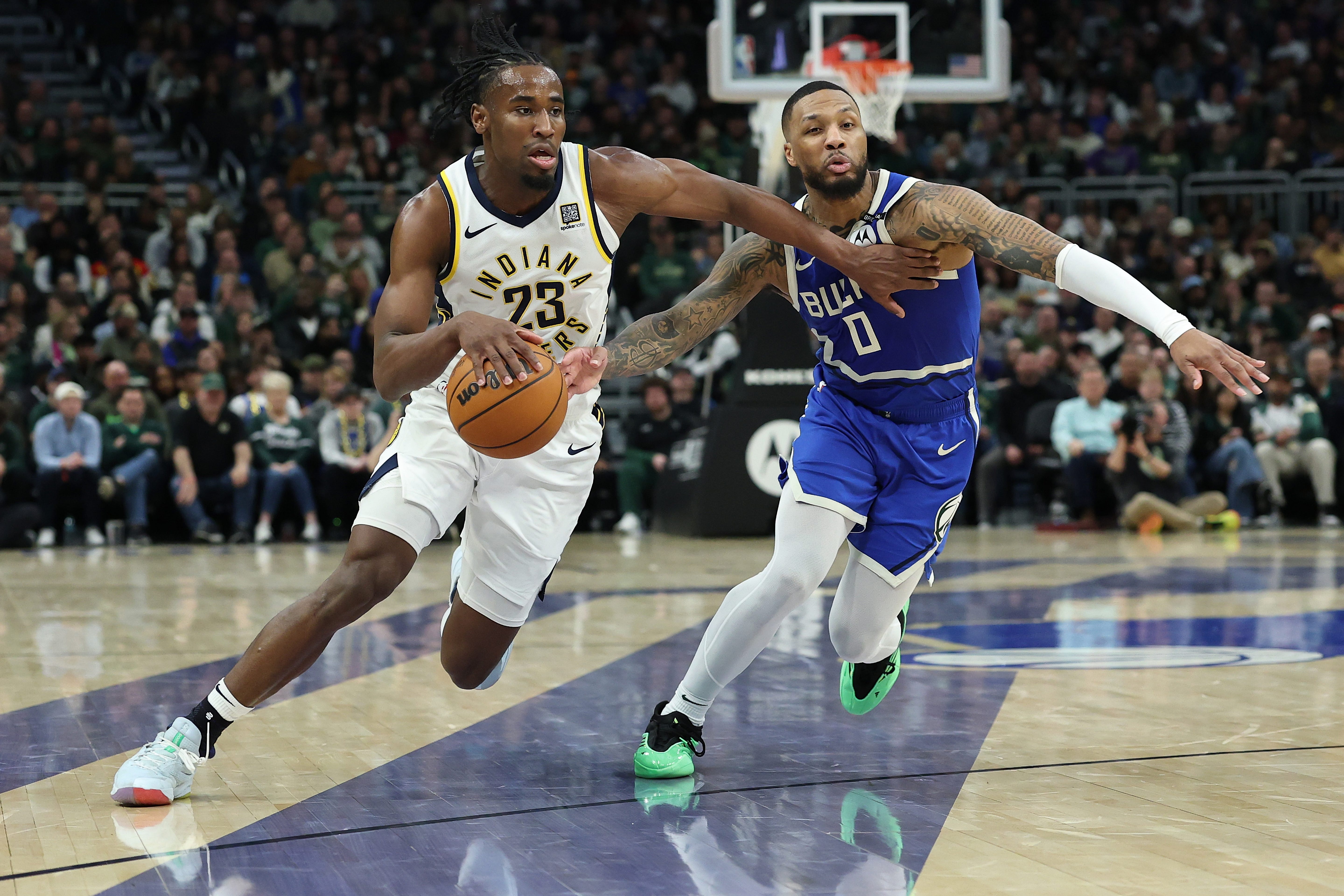Can you win starring a bad defender?
Not anymore

Some night near Halloween 2026, they’ll cut the lights in Portland’s Moda Center. They’ll play a stirring video in the dark. Bet on indoor fireworks, and then, ba-boom, the spotlight will find 36-year-old Damian Lillard as he’s reintroduced as the returned star of the Portland Trail Blazers.
A little smoke will linger in the air as the house lights come up. There’ll be a little delay—because there’s always a delay in nationally televised games—and then Donovan Clingan will take the center circle for the opening jumpball against an opponent like Daniel Gafford, Victor Wembanyama, or Zach Edey. The ref will toss the ball up, and next thing you know, the ball will be in the hands of an apex NBA predator like Kyrie Irving, De’Aaron Fox, or Ja Morant.
And th…


